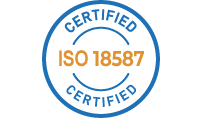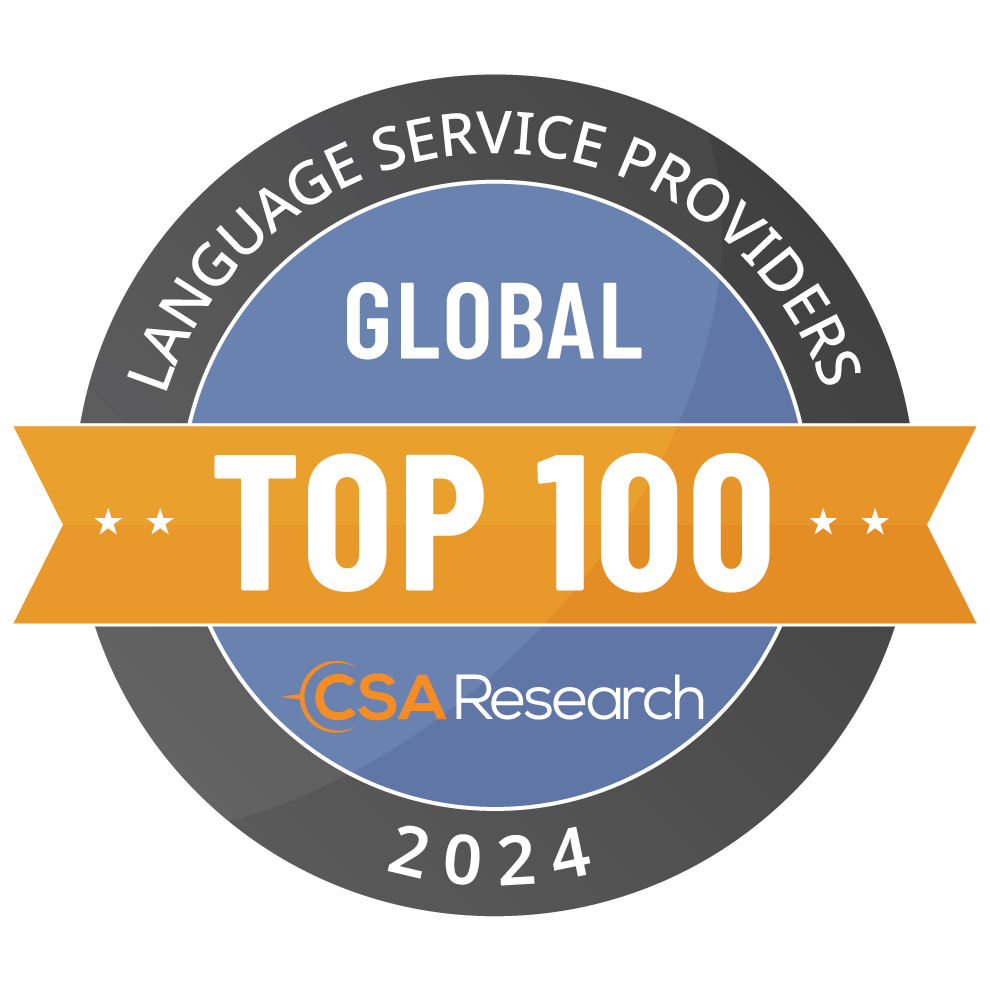
To make it easier for potential customers to find and buy your products and services online…
…you need to optimize your Web presence for best positioning on Google, Bing, and Yahoo search results.
But if you want to take your business global, you will need a solid international SEO strategy. And that means speaking your customers’ languages.
Here are four essential steps to effective international SEO, or search engine optimization:
1. Targeting International Search Engines
We all know about Google, Bing, and Yahoo. But have you heard of Yandex*, Baidu*, or Naver*?
According to an article in SearchEngineLand.com, Russia’s Yandex, China’s Baidu, and South Korea’s Naver search engines are giving the “Googles” of the world a good run for their money.
If you want international customers to find you, you will need to register your site in the right local search engines. And MediaLocate can help you identify which search engines to target to get the best results.
2. Registering International Domains
Do you have a .com or .net site? If so, then you are off to a great start. W3techs.com says that these are the top 2 most popular TLDs (Top Level Domains) and account for over half of all sites on the Internet.
And did you know that .ru (Russia), .de (Germany), .uk (United Kingdom), .jp (Japan), .br (Brazil), and .pl (Poland) are also in the top ten of all registered TLDs?
Search engines give priority to local domains. This means you need to get local TLDs for wherever you market. Otherwise, your customers may not find you.
3. Going Native
Now that you’ve gone local, it’s time to go native. And this means using your customers’ words. Your competitors are already there. You need to use the same keywords that they use.
MediaLocate’s international keyword research will help you go native. Our in-country, native-speaking experts will identify which words and phrases your potential customers use to look for the types of products and services you market.
We will also help you identify any potential linguistic, cultural, commercial, or legal booby traps, as well as what terms your competitors are using, to ensure that your site speaks to your customers.
Yandex’s Webmaster tools page* has some good recommendations for boosting traffic to your site.
4. Staying Native, Consistently
You are almost there. Now you need to make sure that all of your localized messaging is consistently native. Search engines will pick up your translated content from multiple sources, so you need to make sure that all of it carries the same branding message.
The more consistent your brand messaging is, the more customers you will attract and retain.
MediaLocate has the experience, linguistic expertise, and technologies available to ensure that your locally-relevant messaging is seamlessly integrated and consistently worded throughout your Web, mobile, multimedia, social media, and other content channels.
Ready to take your products global? MediaLocate can help you attract more customers around the world with our International SEO services.
Call us at 1-800-776-0857.
* Web Pages Mentioned in This Article:
- The Global SEO Content Marketing Landscape (http://searchengineland.com/the-global-seo-content-marketing-landscape-180718)
- Yandex – Russian Search Engine (http://www.yandex.ru/)
- Baidu – Chinese Search Engine (http://www.baidu.com/)
- Naver – South Korean Search Engine (http://www.naver.com/)
- W3techs – Top Level Domains (http://w3techs.com/technologies/overview/top_level_domain/all)
- Wikipedia – Top Level Domains (http://en.wikipedia.org/wiki/List_of_Internet_top-level_domains)
- Yandex Webmaster Tools (http://webmaster.yandex.com/)
Click Here for Your Free Report: “Cut Costs, Not Corners With Localization”
Learn Ten Steps For Saving Your Localization Dollars.



